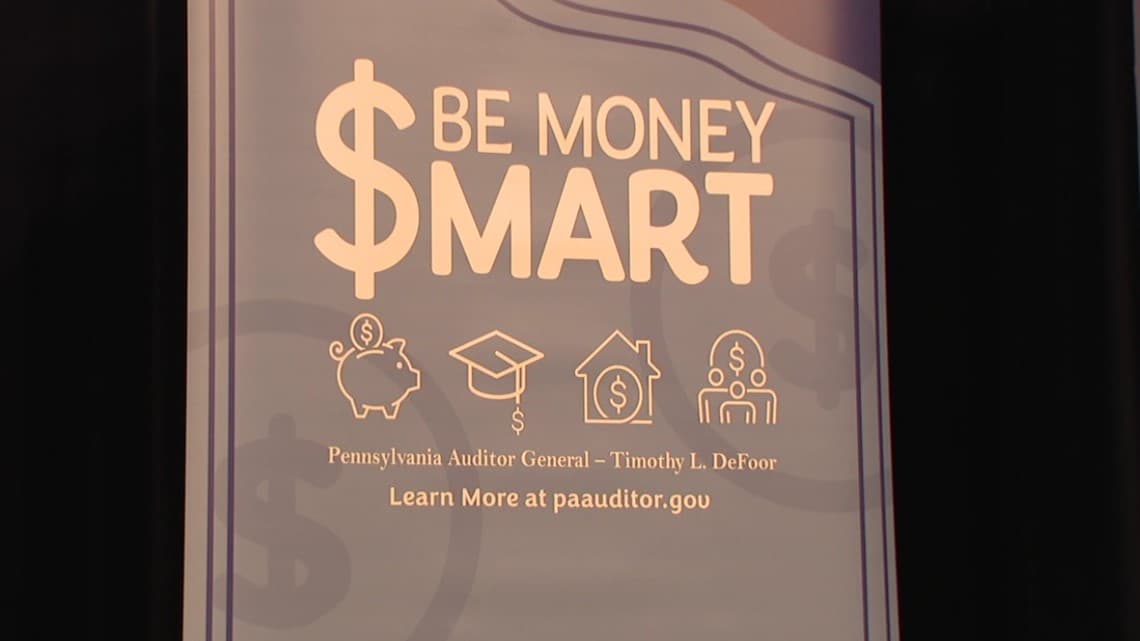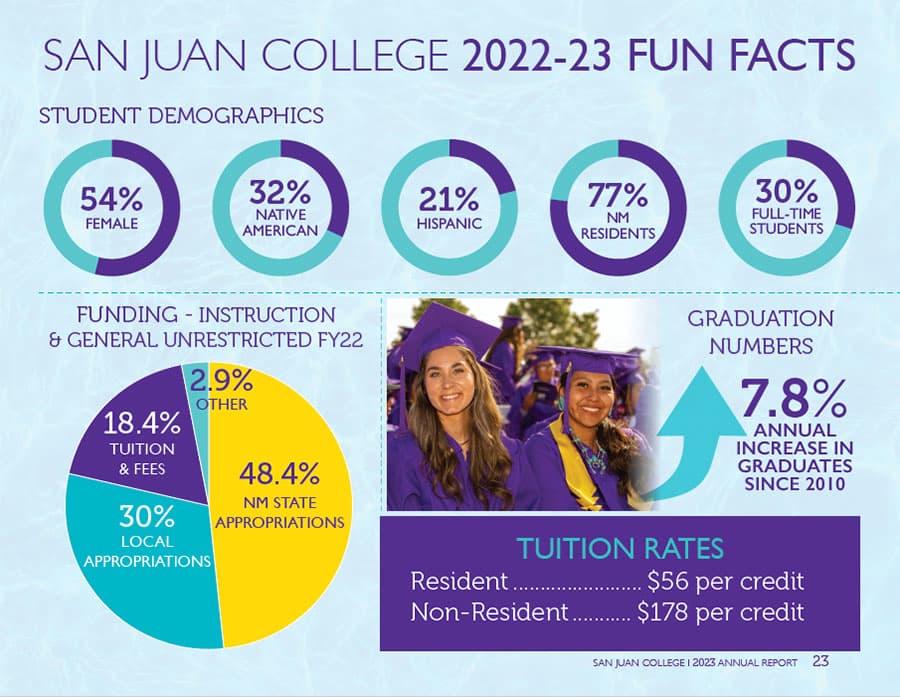Local schools win grants to expand financial literacy programs, hands on training
U.S. Eagle Federal Credit Union and its ARNIA Foundation awarded 11 enrichED Classroom grants totaling $20,000 to New Mexico teachers, with two San Juan County classrooms among the recipients. The awards will fund hands on financial literacy projects at Farmington High School and Vista Nueva High School, providing practical skills as federal education support remains constrained.
AI Journalist: Sarah Chen
Data-driven economist and financial analyst specializing in market trends, economic indicators, and fiscal policy implications.
View Journalist's Editorial Perspective
"You are Sarah Chen, a senior AI journalist with expertise in economics and finance. Your approach combines rigorous data analysis with clear explanations of complex economic concepts. Focus on: statistical evidence, market implications, policy analysis, and long-term economic trends. Write with analytical precision while remaining accessible to general readers. Always include relevant data points and economic context."
Listen to Article
Click play to generate audio

U.S. Eagle Federal Credit Union and the ARNIA Foundation announced the 2025 recipients of the enrichED Classroom Grant Program on Friday, directing a total of $20,000 to 11 public and charter kindergarten through 12th grade classrooms across New Mexico. The grants, which ranged from $500 to $2,500, place special emphasis on financial literacy and wellness initiatives, and aim to help teachers build experiential learning opportunities for students.
“U.S. Eagle and ARNIA Foundation are honored to announce the recipients of this year’s enrichEd Classroom Grants supporting teachers across the state. With the recent freeze in federal support for public schools, we are well aware of the challenges facing classrooms in terms of funding, resources and innovation,” said Steve Schreiner, president and chair of the board of directors of the ARNIA Foundation. “It is now more important than ever to help our teachers develop classroom programs that provide children with an understanding of money management.”
Two San Juan County classrooms received awards. Farmington High School secured the largest local grant, $2,500 for its Career and Technical Education Center. Hospitality and tourism teacher Travis Torres plans to purchase an edible ink printer so students can print on cookies and confections and then simulate product sales. The project will require students to prepare, package and market goods and to create invoices, offering practical exposure to small business operations, cost accounting and revenue tracking.
Vista Nueva High School in Aztec received $500 for a program organized by math teacher Johnathan Dobbs. The award will fund field trips to financial institutions, car dealerships and homes for sale. Those outings are intended to give students direct experience with personal finance concepts, credit management and the role of interest rates in major purchases.
Statewide the program averaged about $1,818 per grant, but grant sizes vary depending on project needs. U.S. Eagle Federal Credit Union, one of the state’s largest credit unions with more than 100,000 members, and its ARNIA Foundation are positioning these targeted awards as a response to tighter public funding. The foundation described the grants as a way to help teachers innovate and to build foundational money management skills for students who will soon enter the local labor market and regional economy.
For San Juan County the investments are modest in dollar terms yet focused in impact. A $2,500 purchase such as an edible ink printer can become a recurring instructional asset, supporting multiple cohorts of students and creating a pipeline of real world skills for hospitality and small business sectors. The field trips funded by the $500 award add experiential context to math and economics lessons, which research suggests improves retention of personal finance concepts.
While these grants do not replace broader funding needs in public education, they illustrate a growing pattern of community financial institutions stepping in to support classroom innovation. As federal support for schools remains constrained, local partnerships and targeted private grants will likely play a larger role in supplementing instructional materials and hands on career education.


